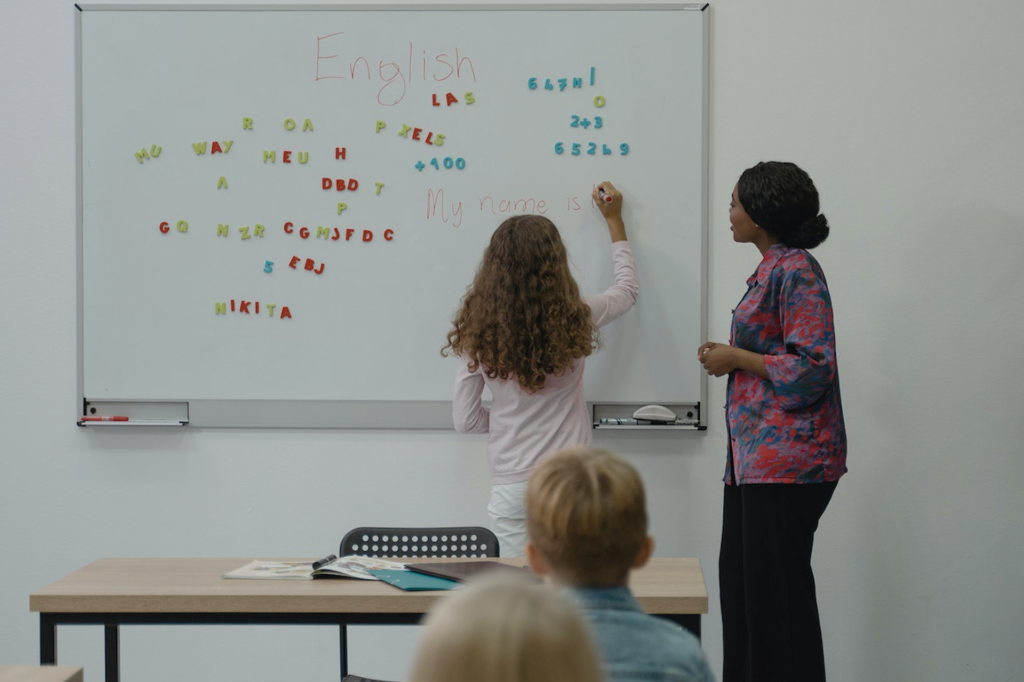
Not even nine of them have been particularly affected by COVID-19, because beyond what it caused on an emotional or even physical level, their education was brutally affected, since according to the results of a national test, the pandemic erased two days of progress in mathematics and reading for that group of the population.
And for the first time since the National Assessment of Educational Progress tests began tracking student knowledge in the 1970s, 9-year-olds' math and reading performance fell to where it was two days ago.
These devastating effects cut across nearly all ethnicities and income levels, but were markedly worse for the lowest-performing students.
While top performers in the 90th percentile showed a modest drop of three points in math, students in the bottom 10th percentile dropped 12 points in math, four times the impact.
In math, African-American students lost 13 points, compared with five points among white students, widening the gap between the two groups.
The study also noted the profound effect that school closures had on low-income students, especially African Americans and Latinos.
The decline in test scores means that while many 9-year-olds can demonstrate partial understanding of what they are reading, fewer can infer a character's feelings from what they have read.
In math, students may know simple arithmetic operations, but have difficulty adding fractions with common denominators.
The setbacks could have powerful consequences for a generation of children who must go beyond the basics in elementary school to thrive later in life.
